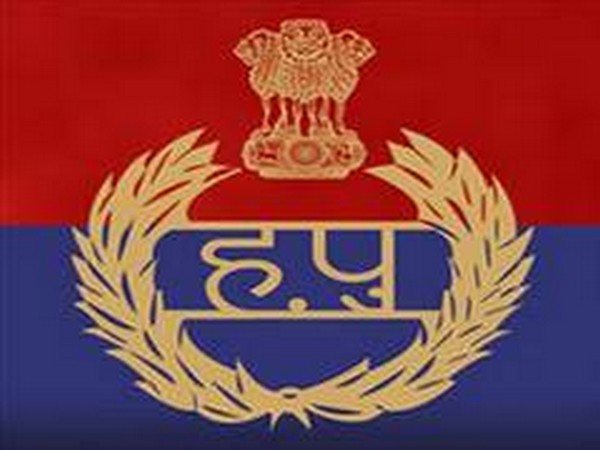Haryana Police cautions people against phishing emails promising COVID-19 treatment refund
Haryana Police on Monday have issued an advisory requesting citizens to beware of phishing emails received from unknown or untrusted sources promising free COVID-19 treatment or reimbursement in the wake of cybercrime.

- Country:
- India
Haryana Police on Monday have issued an advisory requesting citizens to beware of phishing emails received from unknown or untrusted sources promising free COVID-19 treatment or reimbursement in the wake of cybercrime. Cautioning the people to beware of such cyber attacks, Additional Director General of Police (Law and Order), Navdeep Singh Virk said, "Spread of the COVID-19 had also seen a spike in cyberattacks in the country. The cybercriminal gangs are exploiting the given situation and uncertainty generated by the COVID-19 pandemic to target individuals and businesses."
To persuade users to disclose personal information, such scammers could impersonate authorities that have been tasked to oversee government assistance for COVID-19 treatment, he said. Explaining the modus operandi, the Additional DGP further said, "The cyber attackers may send phishing emails to the targets using spoofed addresses like ncovid19@gov.in or similar appearing to come from the authentic authorities responsible for dispensing government-funded COVID-19 support initiatives. They, then inform the target about mandatory testing orders by the government and prompt them to register for testing by clicking on a malicious link. As soon as one click, they steal important and personal data of citizens."
Virk also outlined a series of steps for cybersecurity and added that users must avoid downloading unverified email attachments or clicking fake links especially in relation to health information or having the theme of COVID-19. In addition, people should also refrain from clicking on any suspicious links which promise reimbursement of COVID-19 treatment. These are phishing messages and are not sent by the government authorities responsible for dispensing government-funded COVID-19 support, he said. (ANI)
(This story has not been edited by Devdiscourse staff and is auto-generated from a syndicated feed.)
- READ MORE ON:
- Haryana Police
- Law and Order
- DGP










